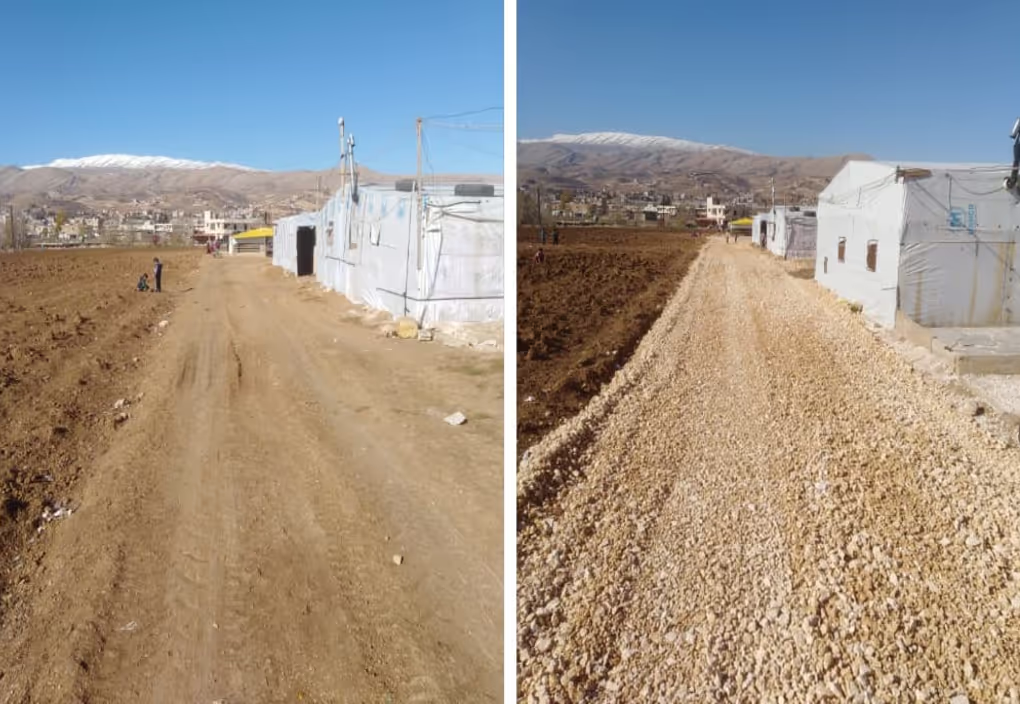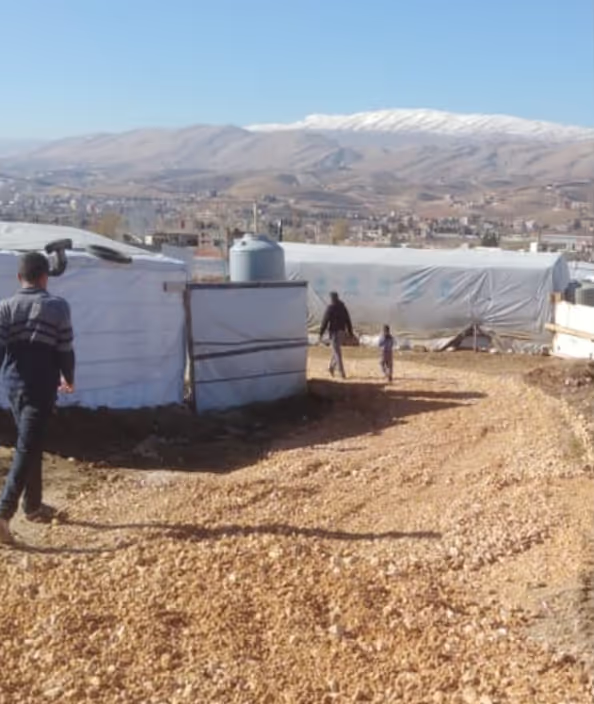Inclusive and MHM-friendly WASH facilities in Lebanon

Project overview
The IFRC together with ARUP, Lebanese RC and British RC is developing and piloting rapid tools and adaptable designs for MHM and disability-friendly latrines, bathing and laundering areas.
Countries
Lebanon
Organisations
No items found.
Partners
Area of funding
Humanitarian Innovation
Grant amount
£154,705
Start date
01
January
2020
End date
01
February
2022
Project length (in months)
25.4
Funding calls
No items found.
Focus areas
Topics
Inclusion
Status
Closed
Project solution
This project offers [specific solution or intervention] to tackle [challenge]. By implementing [strategies, tools, or innovations], the project aims to achieve [desired outcomes]. The approach is designed to [specific actions or methods] to bring about meaningful change in [community, region, or issue area].
Expected outcomes
This project aims to achieve [specific outcomes], such as [measurable results, improvements, or changes]. The expected impact includes [benefits to the target community, advancements in research or innovation, or long-term effects]. By the end of the project, we anticipate [specific changes or milestones] that will contribute to [broader goals or objectives].
No items found.
What humanitarian need is being addressed?
Time constraints and pressure to deliver ‘hardware’ in humanitarian contexts often means that WASH actors make use of ‘standard’ emergency designs, or make assumptions about the needs of those affected.
By putting the emphasis on preferences, cultural norms, practices and beliefs that women and girls have around menstruation, blood and personal hygiene, the project will pilot the use of rapid assessment tools and design private, safe and inclusive WASH facilities for bathing, laundering and disposing of menstrual materials in humanitarian settings which can be adapted to other different contexts.
What is the innovative solution and how will it improve existing humanitarian practice?
Currently, there is a lack of evidence-based tools and guidance for rapidly designing MHM and disability-friendly WASH facilities in humanitarian contexts. This project seeks to address this gap, by consulting in a participatory approach with women and girls, piloting new rapid engagement tools for designing inclusive and accessible WASH facilities in a participatory way, and by developing and piloting technical designs that can be adapted to other different contexts.
The minimum standard checklists that will be piloted are simple and easy-to-use, and can be used across the emergency phases. For example, they can be used by engineers and hygiene promotion specialist during assessment to guide the design of facilities based on input from women and girls and with disabilities (e.g. use of card board models to encourage women and girls to visualize the different solutions), for ongoing monitoring (e.g. are facilities being used (why/why not?), which adaptations are needed?).
What are the expected outcomes?
There are three main expected outcomes:
- Minimum standard checklists for MHM and disability friendly communal latrines and bathing/laundering areas, which have been piloted and tested in Lebanon.
- Technical designs including construction details, for MHM and disability friendly communal latrine and bathing/laundering area, which can be adapted to other contexts.
- Recommendations for MHM and disability friendly WASH emergency response equipment which can be pre-positioned for rapid deployment in crises, with key items included in the Red Cross Red Crescent Emergency Item Catalogue.
No items found.
Project delivery & updates
Stay up to date with the latest developments from this project. Here, you will find details on what has been delivered, resources created, and regular updates as the project progresses. Access key documents, reports, and other materials to see how the project is making an impact.
No resources/updates have been published yet for this project. Sign up for our newsletter to stay informed about upcoming publications and updates!
Join our Newsletter
Resources
No items found.
Latest updates
No items found.
